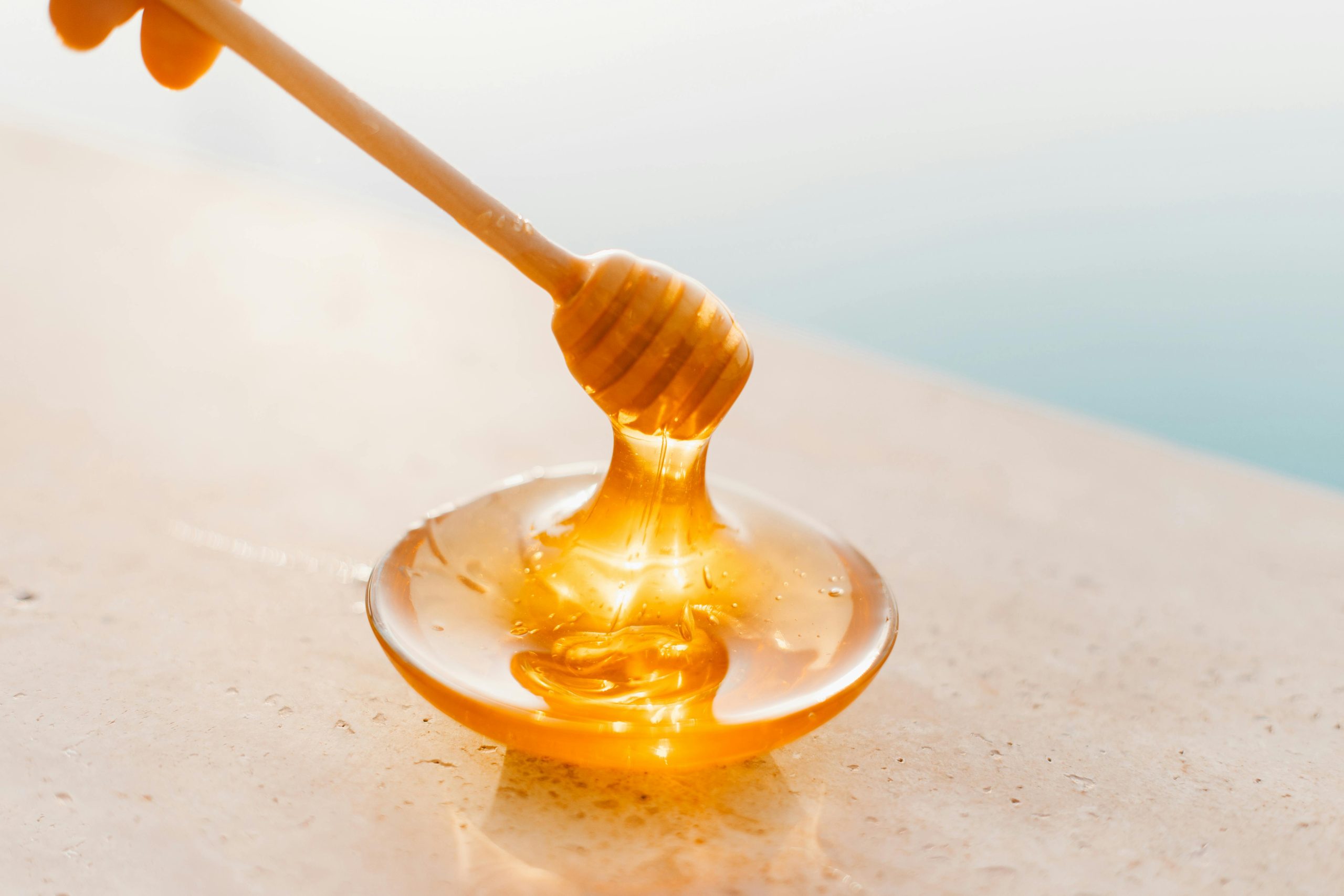Your cart is currently empty!

Steven Coulson
Steven has been drinking beers, wines and spirits for decades and has a propensity to go about them at length after a few drinks.
Latest Posts
- My wife found out our favorite Gin for martinis was discontinued. I think we are good for a while…

- Oregon Road Trip: Freeland Spirits Garden Botanicals Gin

- Botanist with Trader Joe’s Lemon and Elderflower Soda

- I’m one of the worlds leading buyers of craft gin in the world and a international spirit judge AMA

- I’m blown away…. By how let down I am by this Gin.

Categories
Tags
Social Links

The Psychoactive Potential of Hops: A Deep Dive into Hop Varieties and Their Effects
When it comes to craft beer, one may not typically attribute psychoactivity to hops, yet personal experiences suggest otherwise. Recently, I shared my thoughts on how highly hopped IPAs with elevated levels of International Bitterness Units (IBUs) resonate with me more than their less-hopped counterparts. The responses varied, with some individuals attributing my preference to higher alcohol content rather than hops itself.
Intrigued by this, I’ve decided to conduct some experimentation of my own. I explored “cold” IPAs that feature minimal hop content yet maintain a similar alcohol by volume (ABV) as traditional West Coast IPAs. Additionally, I tried Imperial IPAs that boast high ABVs without a proportional hop presence. Surprisingly, these variations did not elicit the same enjoyable experience for me. For me, a good West Coast IPA with a lower ABV is where the magic truly happens.
What’s fascinating is the unique sensation I associate with consuming hoppy beers. It is distinct from a traditional alcohol buzz; rather, it feels more cerebral and invigorating. This observation leads me to ponder whether hops could indeed possess psychoactive properties under certain conditions. Perhaps the fermentation process enhances their bioavailability, or maybe there’s a synergistic effect between hops and alcohol. It’s also plausible that alcohol facilitates the entry of hop compounds through the blood-brain barrier, resulting in that euphoric feeling I enjoy.
It’s worth noting that I don’t experience any negative side effects typically associated with hop sensitivity, such as itching or hives. Instead, the primary sensation is one of elation.
One has to consider why hops have maintained such a significant presence in the brewing world throughout history. While beer hasn’t always included hops, their widespread adoption reflects a collective agreement on their vital role. There must be compelling reasons behind this long-standing popularity.
In conclusion, my experience raises intriguing questions about the nature of hops in beer and their potential effects on our minds. The exploration of hops may reveal secrets about crafting the perfect brew and understanding our relationship with this remarkable ingredient.
